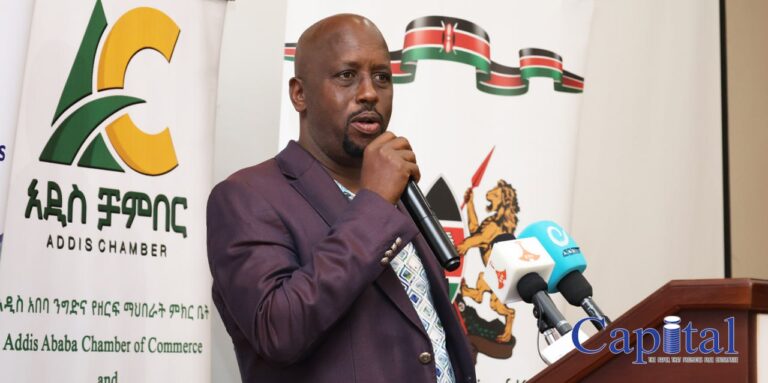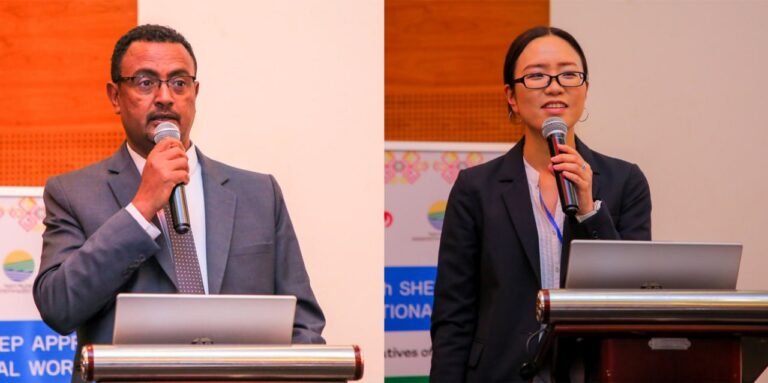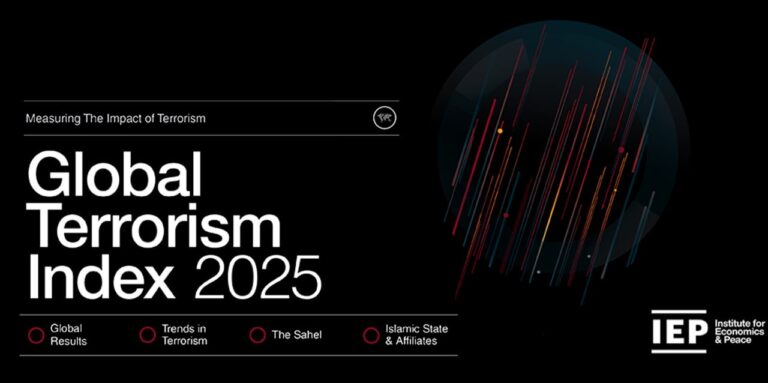Despite the promise of the decade-old Special Status Agreement (SSA) and the African Continental Free Trade Area (AfCFTA), trade between Ethiopia and Kenya remains underwhelming, according to officials and business leaders at the second Ethiopia-Kenya Business Conference held in Addis Ababa.
The conference aimed to bolster trade agreements and increase trade volumes, highlighting several challenges that hinder economic cooperation between the two nations. In 2023, Kenya exported approximately $113 million to Ethiopia, while Ethiopia exported $58.2 million to Kenya. Speakers emphasized the need for urgent action to translate existing agreements into tangible results.
“We have a number of agreements, but they have not turned into concrete action in improving trade volumes,” noted George Orina, Ambassador of Kenya to Ethiopia, speaking on behalf of the Kenyan government. This sentiment was echoed by Zekarias Assefa, Acting Secretary General of the Addis Chamber, who highlighted the historic diplomatic relations between the two countries but acknowledged that intra-African trade remains in its infancy compared to trade outside the continent.
Major obstacles identified at the summit included bureaucratic red tape, foreign exchange restrictions, and the need for deeper private sector involvement. Despite one-stop border stations and tariff concessions, businesses struggle with a complex regulatory environment. However, the National Bank of Ethiopia’s latest amendment allowing banks and investors to freely negotiate foreign exchange rates has been seen as a positive step.

Ambassador Orina noted that this move will enable many investors, especially small and medium-sized enterprises, to conduct business in Ethiopia without fear of repatriating their profits. Tobias Olando, CEO of the Kenya Association of Manufacturers (KAM), emphasized the critical role of collaboration, urging businesses to seize opportunities presented by these agreements.
The summit aimed to bridge the gap between policy and practice, with Ethiopia’s exports to Kenya projected to reach $100 million. Opening up sectors like banking, export-import, and retail to foreign investors creates significant opportunities, but businesses must overcome existing challenges to capitalize on these opportunities.
The success of the AfCFTA and SSA depends on both governments and the private sector working together to remove barriers and facilitate trade. Zekarias called on the business communities of both countries to renew their capacity and resources to take advantage of the opportunities presented at the summit.
The Addis Chamber assured attendees that it is always ready to cooperate in initiating and building joint trade and investment relations between the two countries. The summit served as a platform for exchanging best practices and building strong relationships between the Kenya Manufacturers Association (KAM) and the Addis Ababa Chamber of Commerce.







